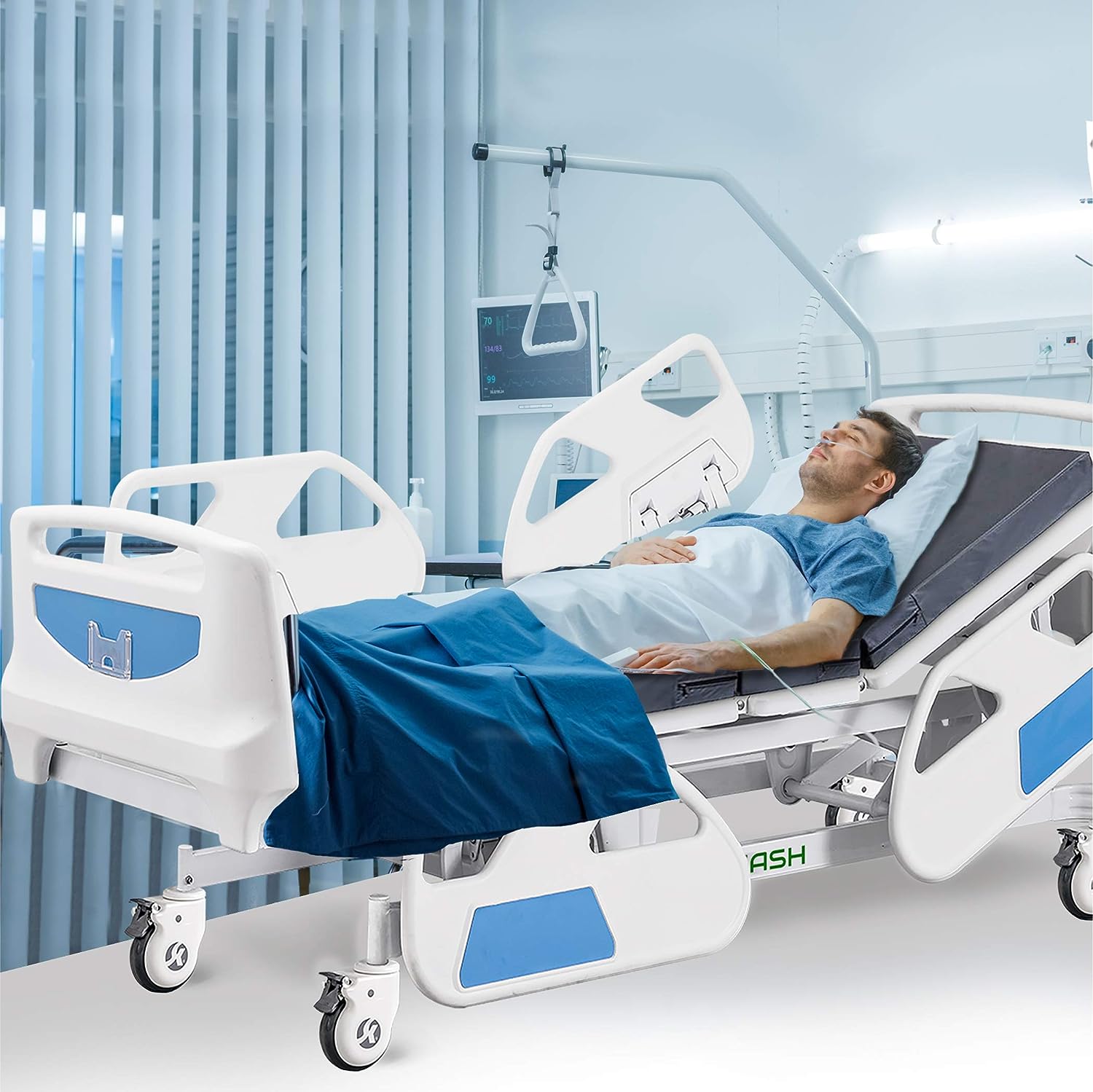
Critical care
Critical care services, also known as intensive care services, are a specialized branch of healthcare that focuses on the treatment and management of critically ill patients who have life-threatening conditions or require close monitoring and specialized medical interventions. These services are typically provided in intensive care units (ICUs) within hospitals and play a crucial role in saving lives and improving patient outcomes. Here are some key aspects of critical care services:
- Specialized Medical Staff
- Advanced Monitoring
- Life-Support Equipment
- Treatment of Critical Illnesses
- Multi-Organ Support
- Medication Management
- Surgical Interventions
- Nutritional Support
- Collaboration and Communication
- Ethical and End-of-Life Care
What we do best in Critical care
Specialized Expertise: Critical care teams consist of highly trained professionals, including critical care physicians (intensivists), nurses, respiratory therapists, and other specialists who are skilled in managing complex medical conditions. Their expertise ensures that patients receive the most advanced and appropriate care.
Close Monitoring: Critical care units are equipped with advanced monitoring technology that allows continuous tracking of vital signs, oxygen levels, heart rhythms, and other critical parameters. This real-time monitoring enables prompt intervention if any changes occur.
Rapid Response: In critical care units, medical emergencies can be addressed immediately. Prompt response to changes in a patient’s condition can be life-saving, as interventions can be initiated without delay
Close Monitoring: Critical care units are equipped with advanced monitoring technology that allows continuous tracking of vital signs, oxygen levels, heart rhythms, and other critical parameters. This real-time monitoring enables prompt intervention if any changes occur.
Rapid Response: In critical care units, medical emergencies can be addressed immediately. Prompt response to changes in a patient’s condition can be life-saving, as interventions can be initiated without delay


Health Tips & Info
We provides essential support and interventions for patients facing life-threatening conditions, helping them to survive, recover, and regain their health. The specialized expertise and resources available in critical care units significantly improve the chances of a positive outcome for critically ill individuals.
What can I do to support a loved one in critical care?
Be present, communicate with the healthcare team, advocate for the patient’s needs, and provide emotional support to your loved one.
How can I ensure proper nutrition while in critical care?
Work with a registered dietitian to develop a nutrition plan tailored to your needs. In some cases, enteral or parenteral nutrition may be necessary.
How can I support my loved one's sleep in a critical care setting?
Speak with the healthcare team about strategies to promote better sleep, such as maintaining a quiet environment and adhering to a consistent sleep schedule.
What is the role of physical therapy in critical care, and how can it benefit patients?
Physical therapy in critical care aims to prevent muscle weakness, improve mobility, and enhance overall function. It can help patients regain independence faster.
